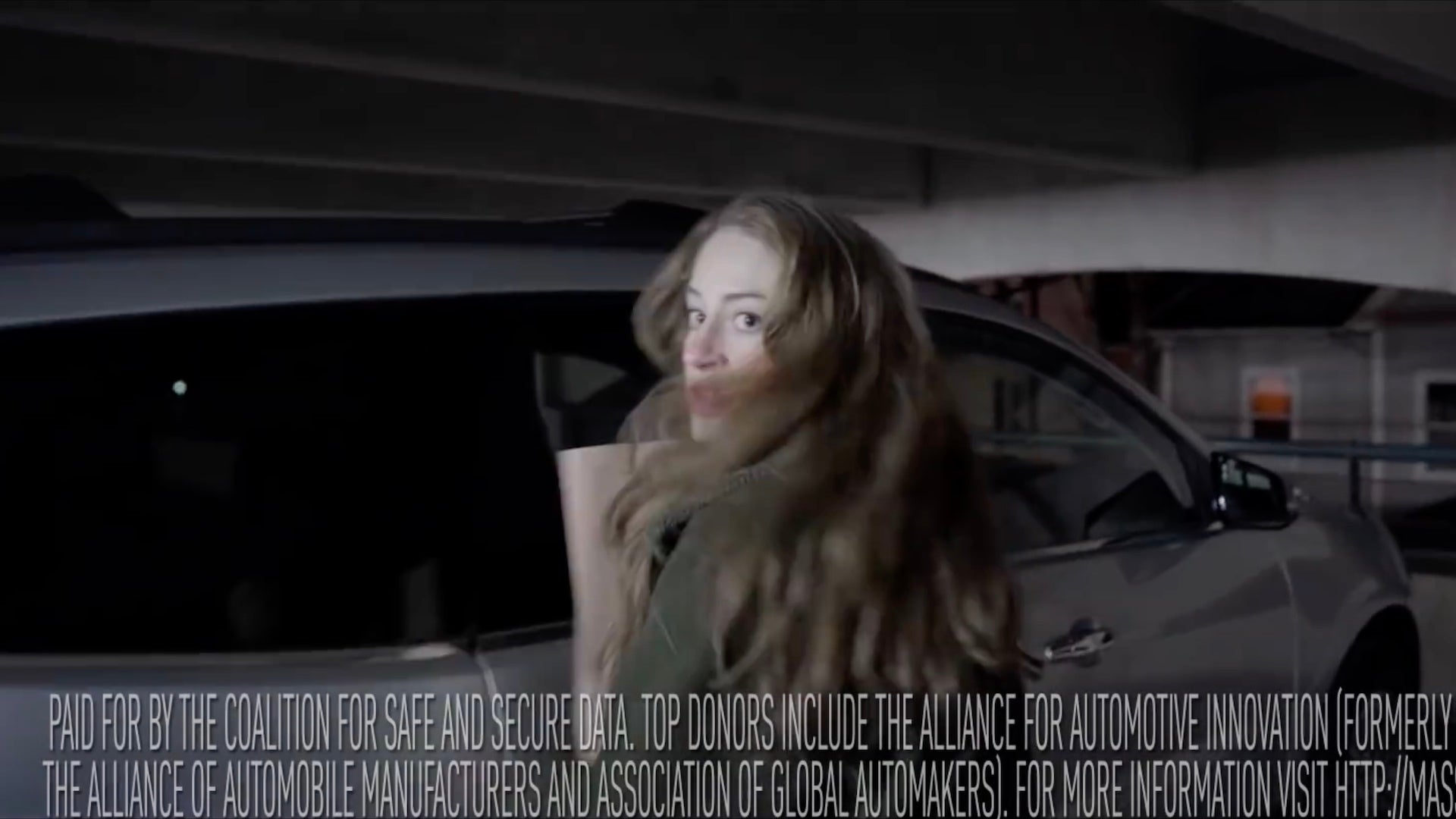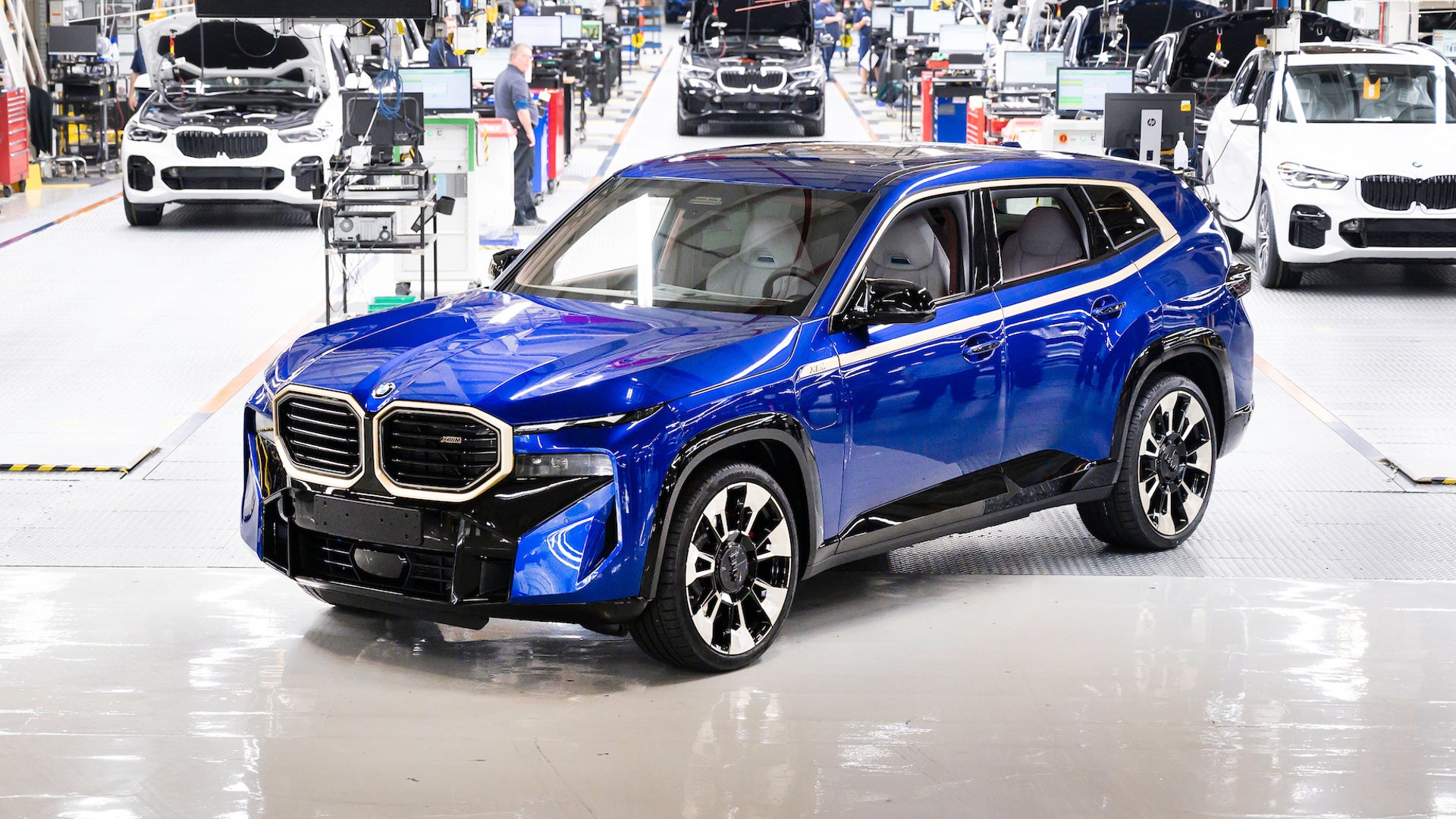The increasing complexity of tech-heavy automobiles has given rise to a war over consumers' right to repair their own property. Big businesses like John Deere argue that its products are simply too complex to entrust maintenance to a third party and that all work should be done in-house, effectively monopolizing repairs. The auto industry, too, is trying to hog this lucrative business all to itself, and is now going as far as launching a fearmongering ad campaign that hints wireless diagnosis technology will somehow lead to sexual violence against women—all in response to a consumer protection, pro-right-to-repair bill in Massachusetts.
This Nov. 3, Massachusetts residents will vote on Question 1; a ballot measure that will require automakers to integrate standardized wireless diagnosis systems into 2022 model year vehicles onward. The measure would expand on a landmark law approved by voters in 2012 that barred car companies from locking out independent shops using proprietary software—a consumer protection law that has become a model for right-to-repair laws nationwide.
In short, it would further democratize the repair of vehicles, and automakers are having none of it, which is why they funded the ad below.
According to the ad's producer, the Coalition for Safe and Secure Data—a shell organization funded by a group formerly known as the Alliance of Automobile Manufacturers—the wireless diagnosis technology "will help strangers, foreign companies, hackers and criminals gain real-time, remote access to consumer vehicles and driving data—including vehicles operating on the road."
Per the ad above, the group alleges this would open data security holes that could enable stalking and sexual violence, and on its website, the Coalition claims the measure to be supported by big-money interests.
But the org's claims wilt under scrutiny, such as that cast on it by Vice, which got the organization to identify the "national political group" supporting Question 1. Said group is in fact the Auto Care Association; an independent alliance of hundreds of thousands of small businesses. These are the mom and pop shops that stand to be affected if the bill is shot down.
As for the Coalition's claimed data security risks, WCVB 5 points out that the measure only grants access to mechanical data, such as ignition timing and not personal information like vehicle location or GPS data. Furthermore, a data security expert Paul F. Roberts, founder of Securerepairs, went on record with Vice's technology column Motherboard questioning whether the Coalition's pearl-clutching about data security isn't already a concern with current diagnosis systems.
"If there are already bridges between the telematic data and the CAN network and the onboard systems, then that vulnerability already exists today, and the only firewall between a hacker being able to [take control of your car] is the security of your average automobile dealership," commented Roberts on the Coalition's claim that data security will worsen if the measure passes. "How strongly do you feel about the cybersecurity of your auto dealership?"
While there are definitely issues to work out on existing and upcoming technologies, and laws will constantly have to be evaluated, the fact that an interest group chose sexual violence against women as its peg to prove an unrelated point is certainly a cause for concern.
Got a tip? Send us a note: [email protected]









